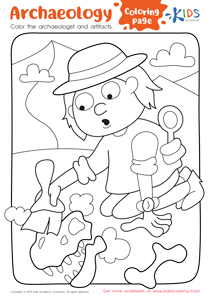Normal Math worksheets activities for Ages 4-6
6 filtered results
-
From - To
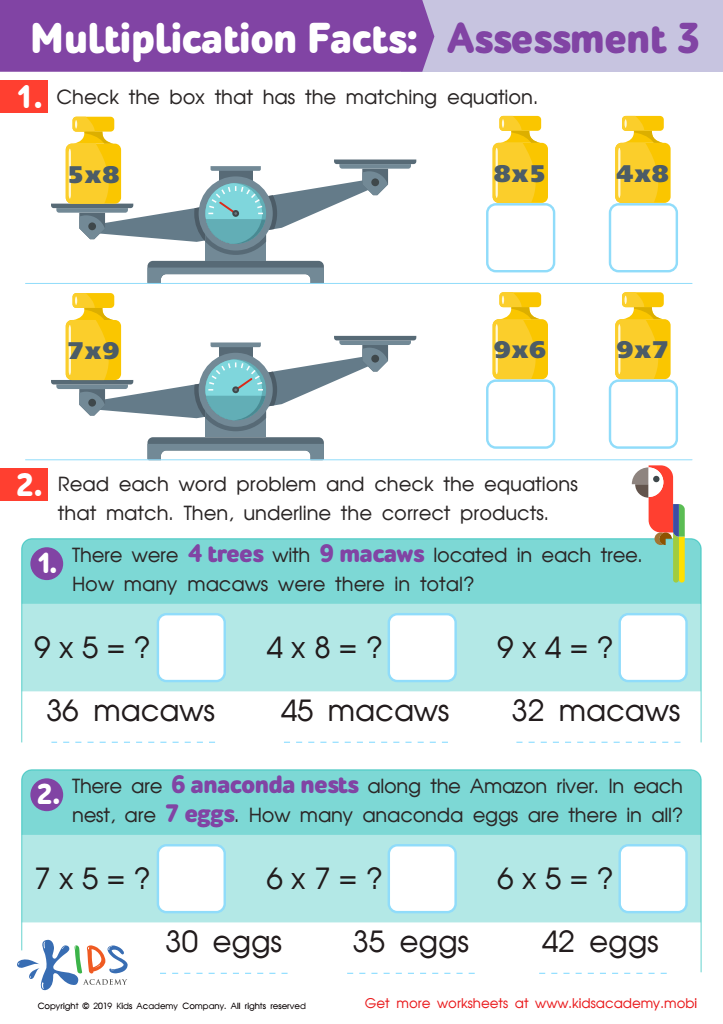

Multiplication Facts: Assessment 3 Worksheet
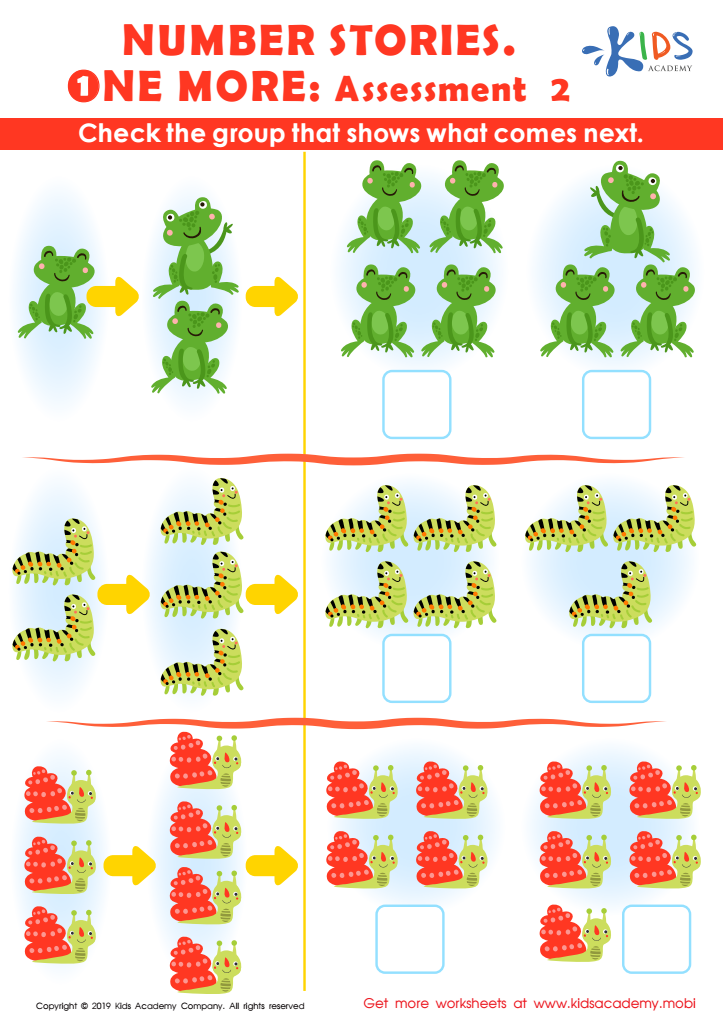

Number Stories One More – Assessment 2 Worksheet
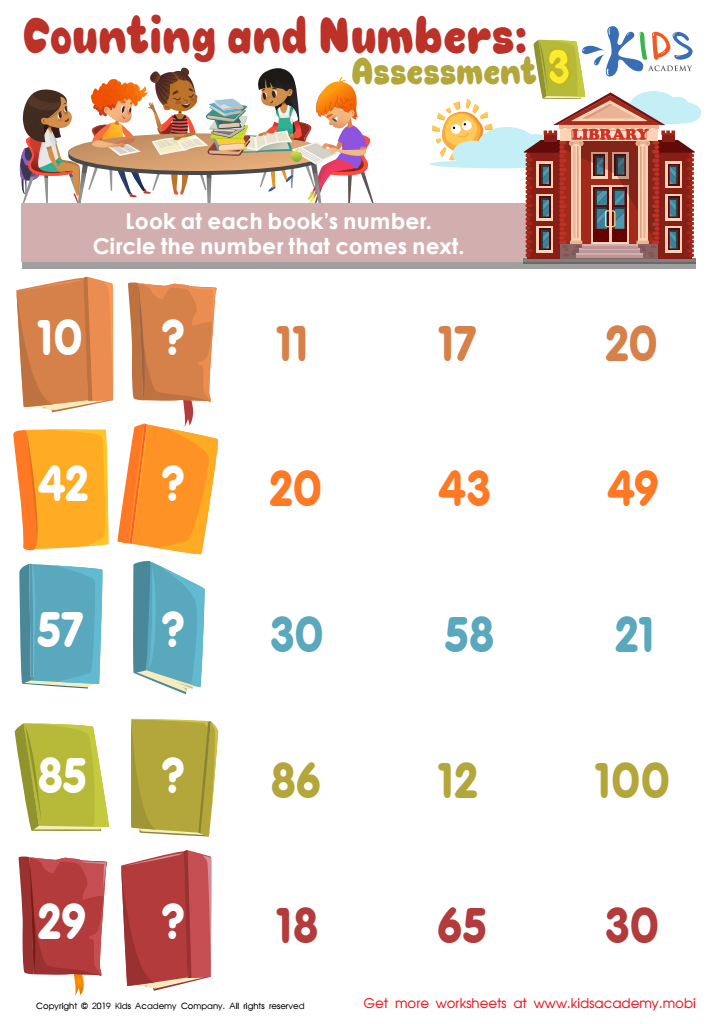

Counting and Numbers: Assessment Worksheet
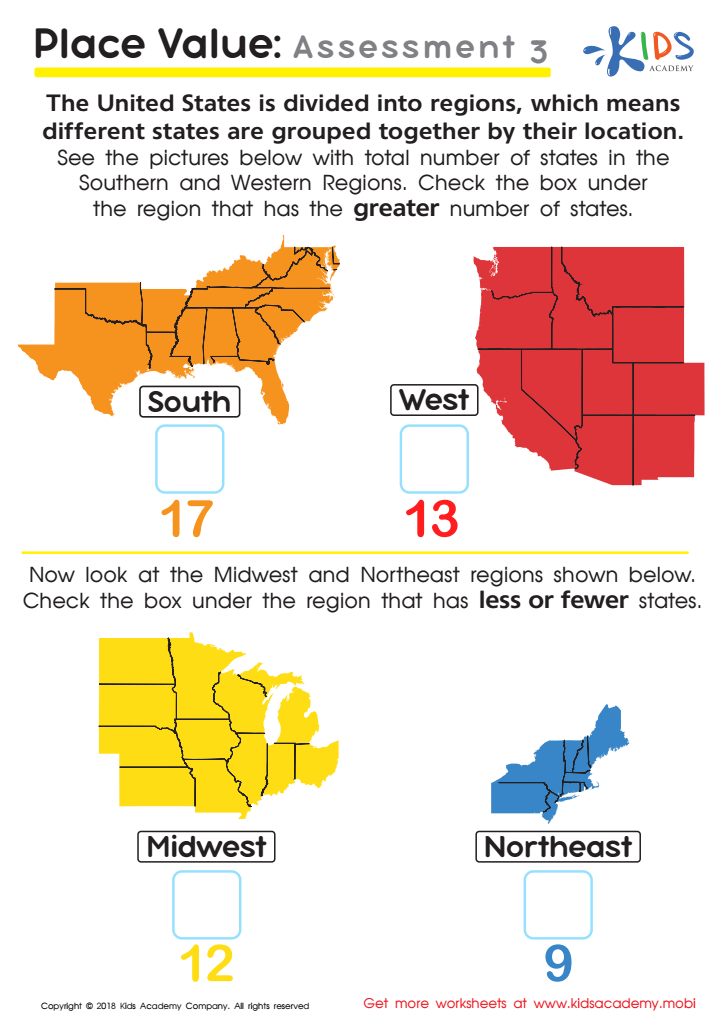

Place Value: Assessment 3 Worksheet


Word Problems: Assessment 2 Worksheet
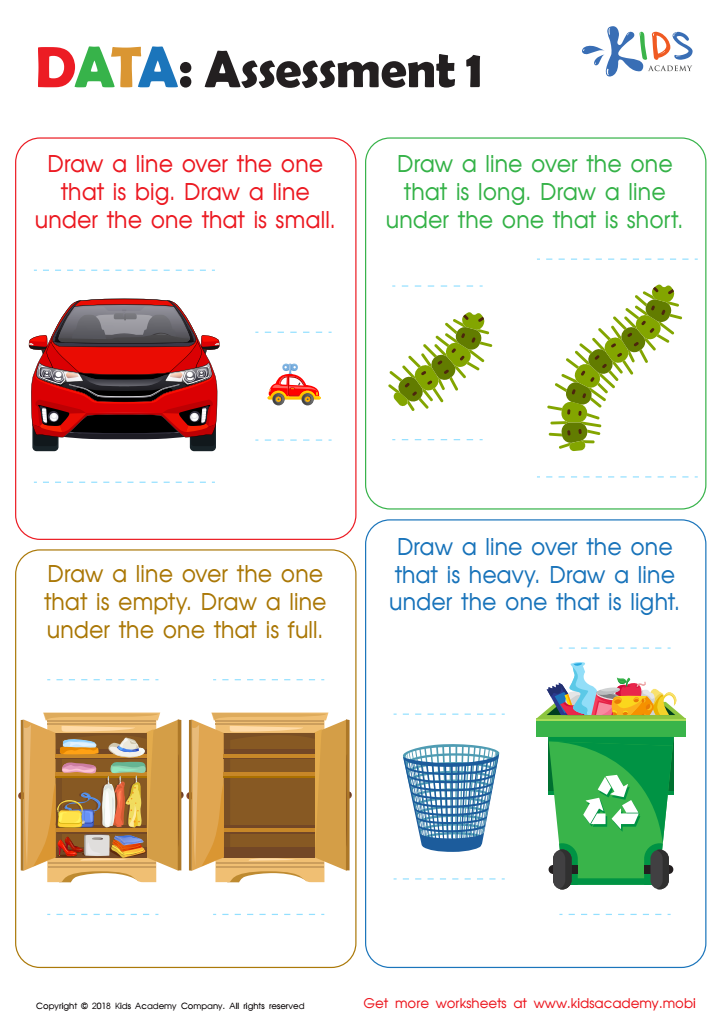

Data: Assessment 1 Worksheet
Normal Math worksheets activities hold an integral role in fostering a strong foundation in mathematics for students of all ages. These worksheets are designed to reinforce concepts taught in class, provide practice for mastering skills, and help students develop critical thinking and problem-solving abilities. The benefits of engaging in Normal Math worksheets activities are manifold and encompass various aspects of learning and development.
Firstly, these activities offer a structured approach to learning, allowing students to systematically practice and understand mathematical concepts. Through repeated practice, students can solidify their grasp on different topics, from basic arithmetic to more complex algebraic formulas. This repetition not only enhances accuracy but also boosts confidence in their mathematical abilities.
Secondly, Normal Math worksheets activities are versatile tools that cater to diverse learning styles. Whether a student learns best through visual representation, hands-on practice, or repetitive exercises, there's a worksheet designed to meet their needs. This flexibility ensures that every student can find a method of learning that works best for them, promoting inclusivity and accessibility in the learning process.
Moreover, these activities encourage independent learning. As students work through problems on their own, they learn to rely on their skills and knowledge, fostering a sense of autonomy. This independence is crucial for developing self-learning abilities, which are invaluable not just in academics but in lifelong learning.
Additionally, Normal Math worksheets activities serve as an excellent resource for both teachers and parents. For educators, they are a means to assess students' understanding and identify areas that require further explanation. For parents, these worksheets offer a way to engage with their child's learning process, monitor their progress, and provide additional support at home.
In conclusion, Normal Math worksheets activities are more than just paper-and-pencil tasks; they are a cornerstone of effective mathematical education. They enrich the learning experience, cater to individual learning needs, and ultimately, prepare students not just for academic success, but for the real-world application of mathematics.
 Assign to the classroom
Assign to the classroom








